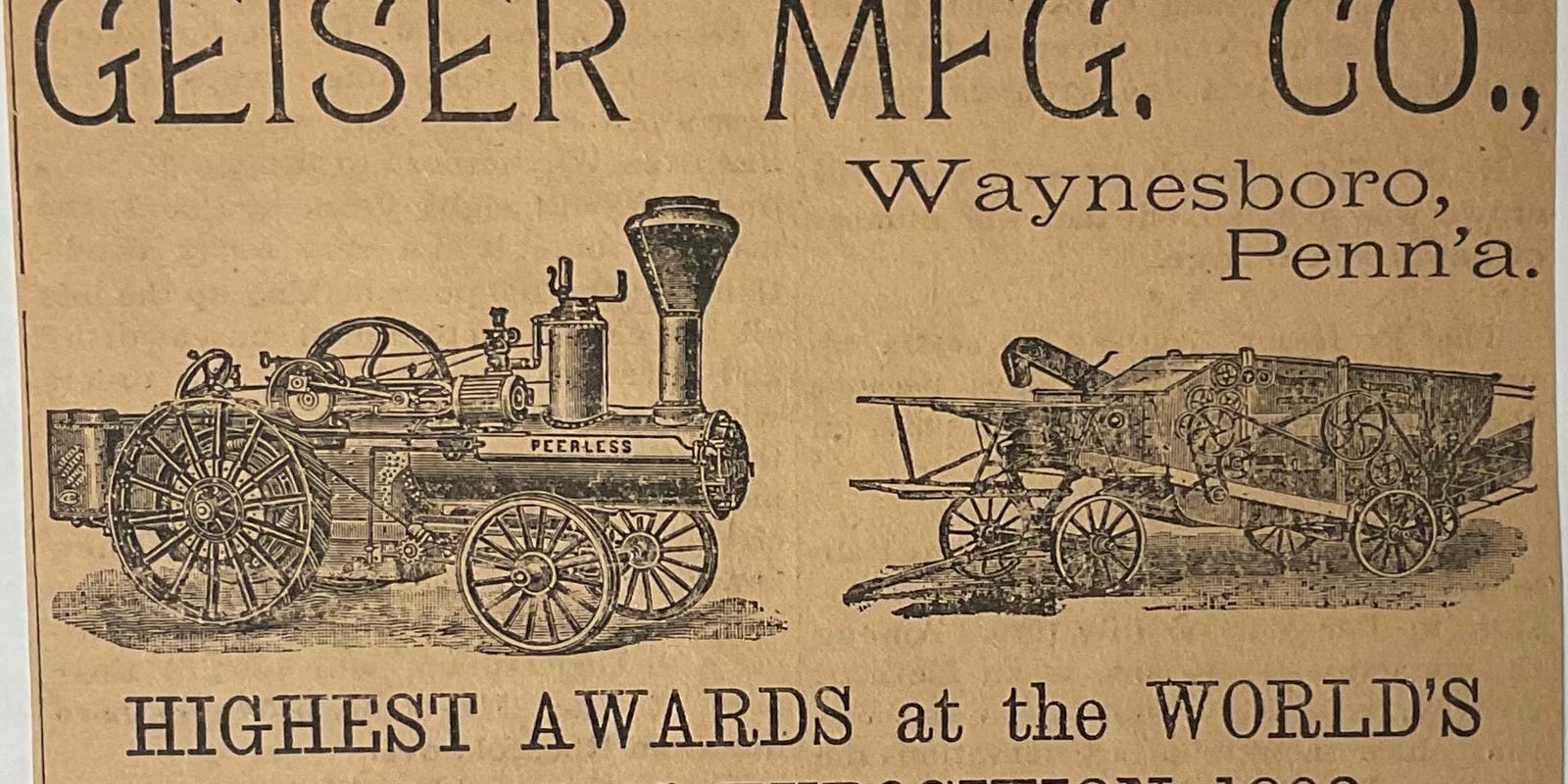Vision and Growth: How Geiser Co. Plans to Elevate Business and Community Prosperity

At the dawn of the 20th century, Waynesboro was riding the wave of national economic optimism. The Geiser Company, a local industrial powerhouse, was brimming with confidence, projecting a remarkable business growth trajectory that would see their revenues soar to an impressive $2 million by 1901. This bold forecast reflected not just the company's ambition, but also the broader economic prosperity sweeping across the United States during this transformative era of industrial expansion and economic opportunity.
